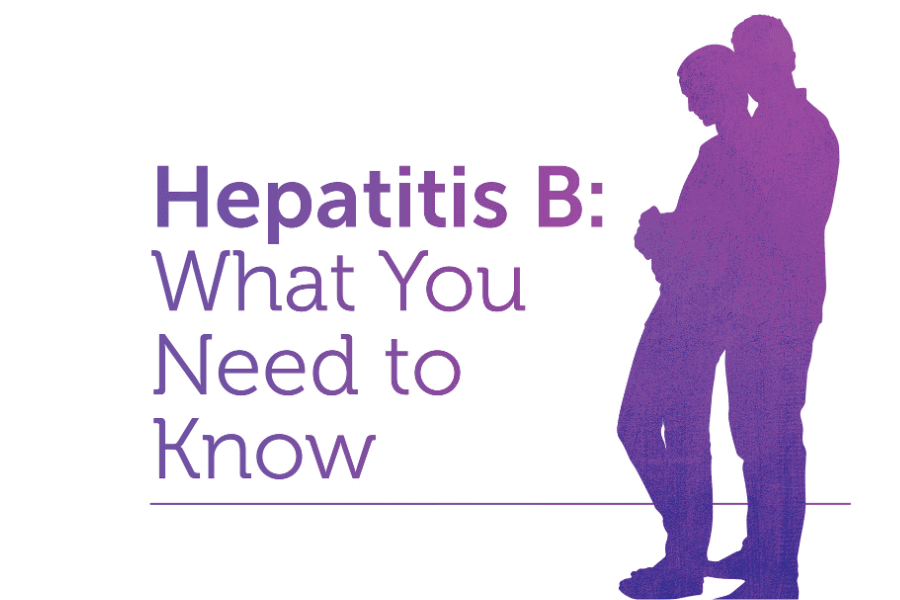STIs
What is Hepatitis B?


Update April 2024
Hepatitis B is an infection of the liver caused by the hepatitis B virus. The infection can be an acute short-lived illness, usually with full recovery or it can become chronic (long-term) in a small proportion of cases. Chronic infection puts people at risk of cirrhosis and liver cancer. Treatment is available for people with chronic hepatitis B.
Over the last six months, there has been an increase in the number of acute hepatitis B cases reported in Ireland. These cases have been seen mostly in gay, bisexual and other men who have sex with men (gbMSM). While overall the numbers remain small, acute hepatitis B can be serious and result in complications including hospitalisation and can occasionally lead to chronic infection with longer-term implications.
How does someone get Hepatitis?
Hepatitis B can be very infectious and is easily transmitted by all types of sex and by sharing needles.
Using banknotes to snort drugs and sharing snorting equipment can also spread viruses such as hepatitis from person to person. It’s always safer not to use drugs; if you do follow our cocaine harm reduction advice.
Hepatitis B can be avoided by getting tested and vaccinated. Learn more about vaccinations for Hepatitis B
What are the symptoms?
Many people notice no hepatitis symptoms at all especially in the early stages.
However, some people get an acute illness with symptoms that last several weeks, including yellowing of the skin and eyes (jaundice), dark urine, pale faeces (poo), extreme fatigue, nausea, vomiting and abdominal pain. In a small number of people with acute illness they can develop liver failure, which can lead to death. This is rare.
What does a hepatitis B test involve?
To test for hepatitis B a blood test is taken. Your health care provider will ask for certain tests depending on your circumstances and explain what the results mean for you.
Is there a vaccine for Hepatitis B?
Both hepatitis B and hepatitis A can be prevented with vaccination. The hepatitis vaccines are safe and freely available in sexual health services. If you have a medical card you can also get the vaccine for free at your GP. If you don’t have a medical card, you can still get the vaccine for free but there will be an administration fee.
The vaccine is usually given over a period of months and usually involves three injections. You’ll be asked to return after you have completed the course for a blood test to check how you have responded. Some people respond really well and never need to be checked again, some people respond less well and may need boosters in the future. A small number of people don’t respond to the vaccine.
Learn more about the vaccine for Hepatitis A and B.



